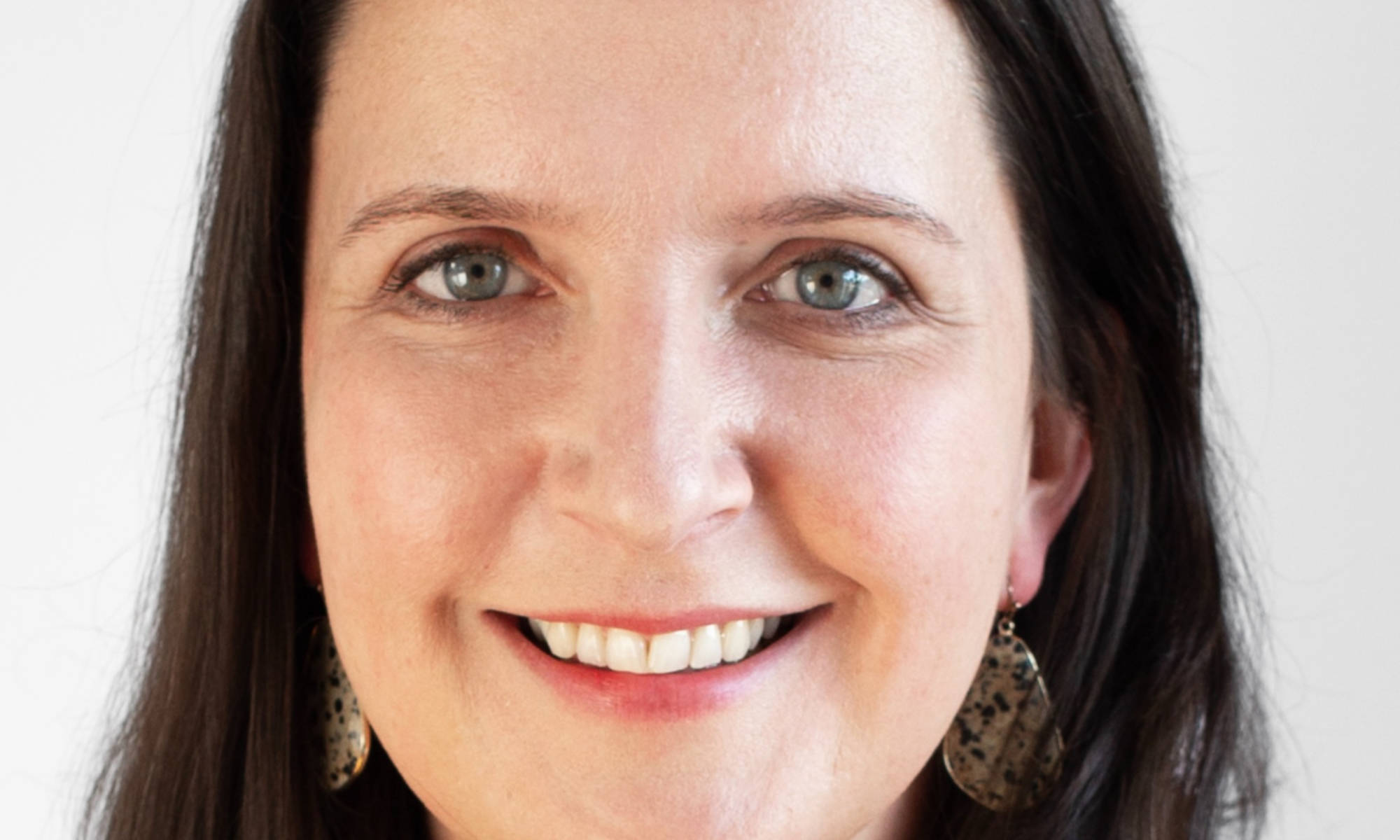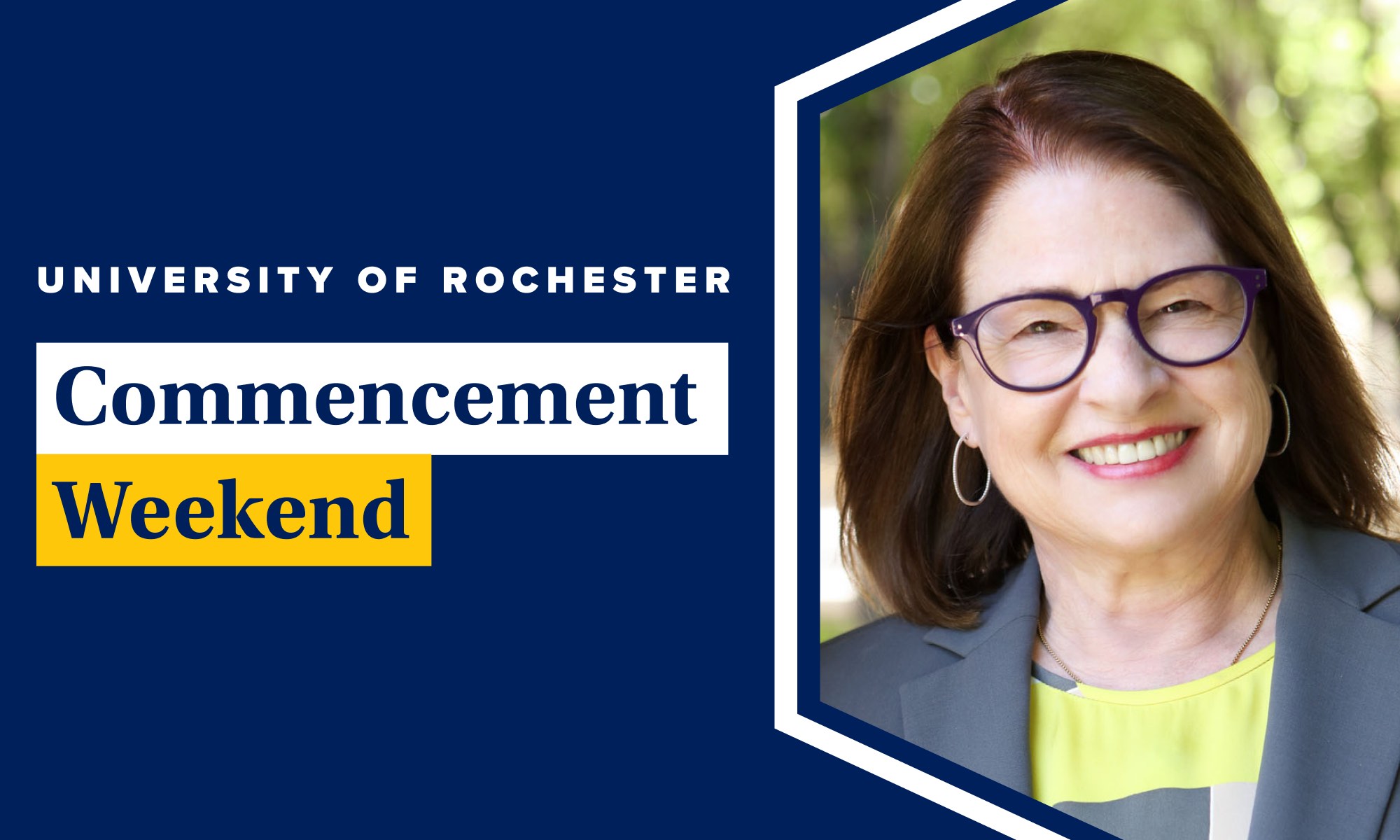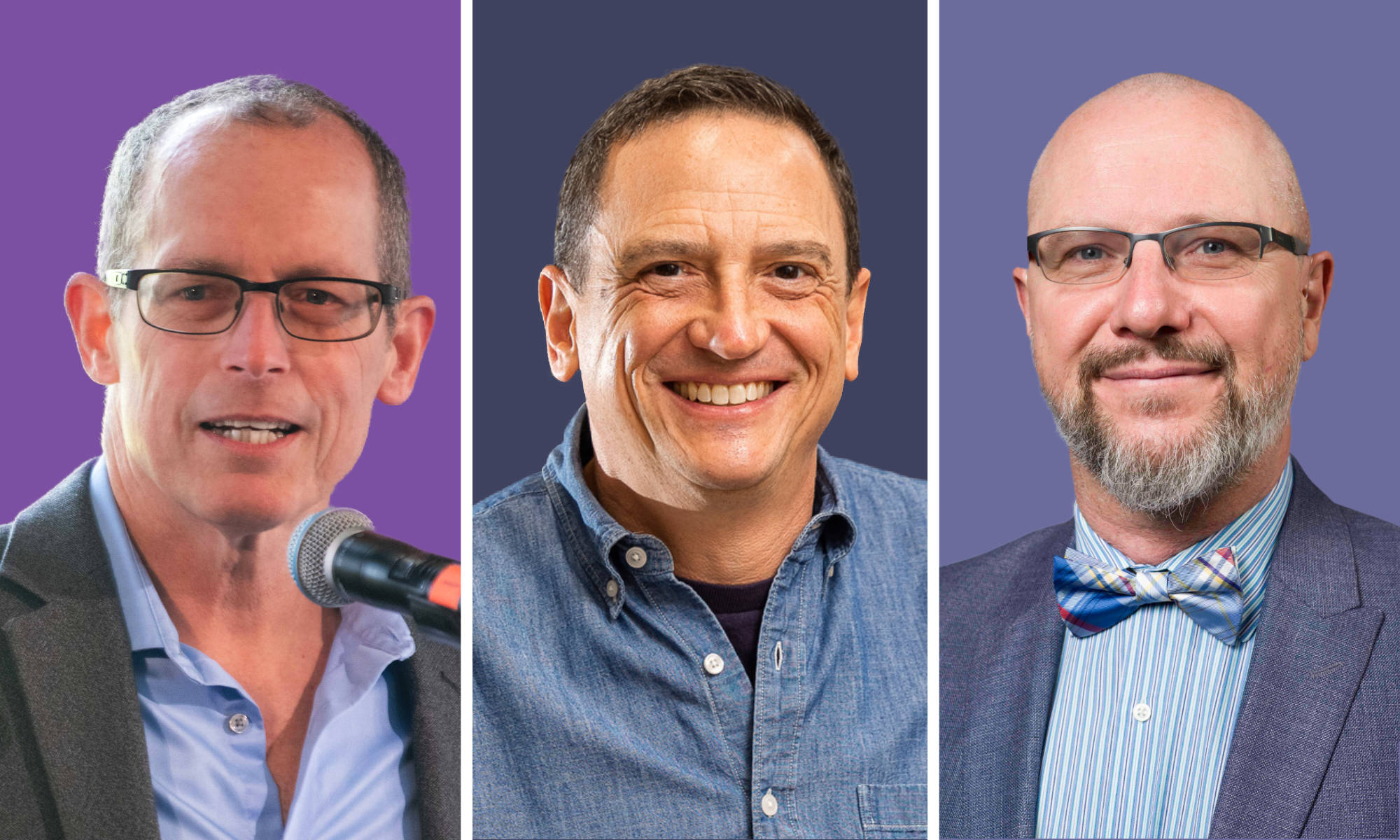Lanny Liebeskind ’77 (PhD) remembers walking into Andrew Kende’s lab for the first time as a new PhD student.
“I remember asking Andy when I should start my research. His succinct answer, in effect, was ‘Now!’” says Liebeskind, the vice provost for strategic research initiatives and Samuel Dobbs Professor of Chemistry at Emory University.
“I got the message loud and clear. It was a bit like being dropped into a professional sports team where the coach is constantly challenging you to push yourself beyond the comfort level. In doing so, you grew in ways as a scholar and person that you never would have on your own.”
Yuh-geng Tsay ’77 (PhD) had a similar experience. “When I toured Professor Kende’s labs, I noticed there was a memo from him posted in each cubicle of his graduate students and post docs. Two key phrases stood out that got my attention. ‘When you are here, you should roll up your sleeves and work. If you cannot manage at least two experiments at the same time, you don’t belong to this group.’
“At that moment, I knew he would be the professor I wanted to learn from,” says Tsay, a Venture Partner at Vivo Capital, former senior vice president and group president at Thermo Fisher Scientific, and recipient of the University’s Rochester Distinguished Scholar Award.
“I am happiest when faced with a result that is truly counter to the best theories. That is when new insights into the nature of the physical world can be discovered,” Kende said in a University profile.
“He was a very astute scientist; he had a really good nose for important problems,” says Robert Boeckman, the Marshall D. Gates Jr. Professor of Chemistry and recent chair of the department, who was recruited to join the faculty by Kende.
Kende also had a knack for identifying students, such as Liebeskind and Tsay, who had the potential to rise to the tops of their fields – and for pushing them to excel.
“He was a hard taskmaster,” Boeckman says. “But the vast majority of the more than 50 PhD students and postdocs that Andy mentored went on to perform at the highest levels. That’s a testament to how he taught them about the importance of excellence in whatever they do.”
“Things relate in a sensible way.”
Born in Budapest, Hungary, Kende emigrated to the United States with his family in 1939, and grew up in Evanston, Ill. He later described being fascinated with chemistry at six years old.
“It’s always seemed to me an interesting way to structure information,” he said. “Things relate in a sensible way.”
At an early age, Kende exemplified the excellence he would later encourage in his students. At 13 he was a Westinghouse Science Talent Search winner; at 16 he enrolled at the University of Chicago, earning a two-year degree. He studied under one Nobel laureate – Robert Woodward –as a PhD student at Harvard, and under another Nobel laureate – Derek Barton – as a postdoc at Glasgow University.
After college, he worked for 11 years at Lederle Laboratories as a senior research scientist, research associate, and research fellow. Kende played an “instrumental” role helping the company become the first to synthesize the carbon framework for tetracycline antibiotics, Boeckman says.
Kende’s discoveries continued after he joined the University of Rochester in 1968.
For example, he collaborated with Alan Poland, an assistant professor of pharmacology and toxicology, in synthesizing TCDD, a highly toxic, persistent environmental contaminant resulting from the manufacture of herbicides, wood preservatives, and lubricating oils. This was an important first step in setting standards to help regulate TCDD.
In 1981, Kende and James Rizzi, a graduate student in his lab, were among the first scientists to synthesize aklavinone, which could then be modified as a less expensive, less toxic anti-tumor drug than other treatments then available.
Several of Kende’s compounds were patented; in 1979 he was chosen inventor of the year by the Rochester Patent Law Association. That same year he was one of 50 U.S. scientists chosen to participate in the nation’s first bilateral scientific symposium with China. Other honors included a Guggenheim Fellowship, the Rochester Section Award of the American Chemical Society, and a Fellowship from the Japanese Society for the Promotion of Science.
The Department of Chemistry has also created a named professorship in his honor.
Teaching, research, mentorship, service
Kende’s passion for chemistry left little time for other interests. “His routine day started around 11 a.m. and ended about 9 at night,” Boeckman says.
When Kende wasn’t teaching, doing research, or consulting (for the American Cancer Society, the National Institutes of Health, and for companies such as Dow, Glaxo and Bausch and Lomb), he was doing “service” — for the field of organic chemistry, for his university, and for his department.
He served for 12 years as associate editor for Organic Chemistry and was a member of the editorial boards of Organic Reactions, Chemical Reviews, Organic Synthesis and Synthetic Communications. He was a member of University committees for graduate admissions, budget, tenure and privilege, and River Campus parking; he served in the University Senate; he chaired the Scientific Advisory Board of the UR Cancer Center.
As department chair from 1979 to 1983, he worked with the University’s chief science librarian to introduce chemistry undergraduates to the wonders of the computer as a new way to search for articles and information “buried in the huge and growing body of scientific literature.” This consisted of using an “ordinary phone” to dial a database, attaching the receiver to a portable computer terminal, typing in a request, and then “within seconds” getting a printout.
Kende “enjoyed teaching,” Boeckman says, “but his real thrill was in mentoring and training his graduate students and participating in the research they did.”
The lessons they learned from him – about chemistry but also about working hard and achieving excellence – have remained with them over the years.
Tsay, for example, remembers that whenever Kende returned from a business trip, “he would stop by the lab first to see how everyone was doing. This type of work ethic has inspired us not only to work hard, but to have a sense of urgency in everything you do. His teaching style empowered us to solve any technical challenge and to be independent problem solvers.”
“Armed with the skills that I learned from him as a graduate student, I was able to excel in every venture that I chose to tackle,” Tsay says. “I was also quite fortunate that Professor Kende agreed to serve as a Scientific Advisor for one of my companies to provide guidance and advice to R&D scientists.”
“Andy was not a man of many words,” says Liebeskind, who still saves a memo Kende sent to his “gang” of grad students, chastising them for a “slump in productivity.”
“He was succinct and to the point. He was clear in his expectations and treated everyone fairly,” Liebeskind says. “He impressed upon us the purity of the scientific method and the sanctity of data and critical observations married to critical analysis.
“He was a perfect mentor for me at that earlier stage of my life and helped me grow and mature into the person and scientist/scholar that I became.
“He is missed.”



